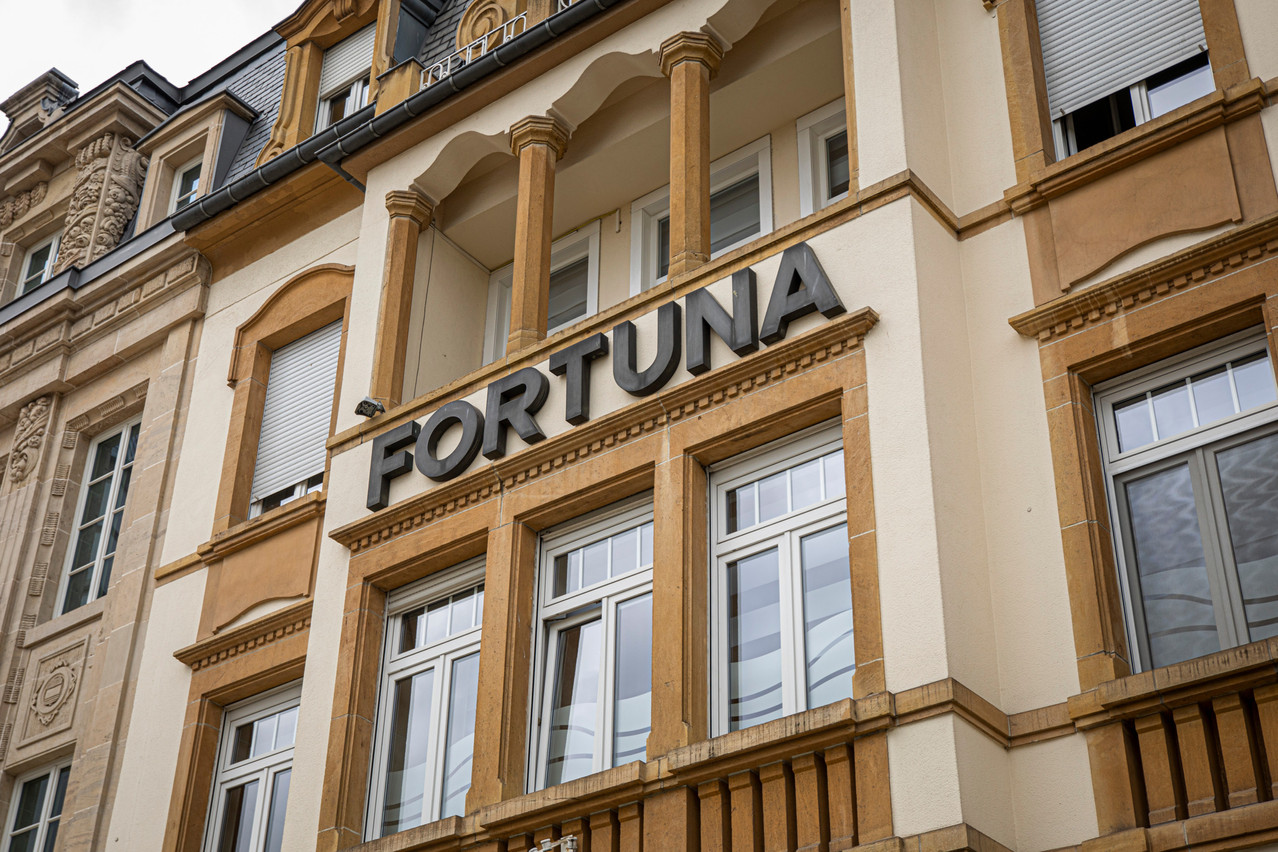The news was expected: Fortuna Banque will cease its activities. The self-dissolution was confirmed to Delano’s sister publication Paperjam by current COO, Jean-Louis Camuzat. He insists that "the bank is financially healthy and that there is no need to worry about its ability to serve its customers". He adds that "moreover, its teams are still present and only two employees have left for activities outside the banking system".
Within the next two weeks, all customers of the financial institution will be contacted to be offered products and services by Spuerkeess.
"This dedicated onboarding solution set up by Spuerkeess will allow Fortuna Banque's customers to benefit from the expertise and solidity of a leading banking partner in the Luxembourg financial centre,” comments André Poorters, chairman of the board of directors of Fortuna Banque. However, it remains unclear what will happen to customers who do not want to join the Spuerkeess and what will happen to customers who are eventually rejected by the bank.
"While regretting the fact that Fortuna Banque, an institution with a great tradition in the Luxembourg financial centre, has decided to phase out its activities, Spuerkeess is delighted to be able to welcome those Fortuna Banque clients who wish to place their trust in us from now on", says , CEO of Spuerkeess.
The impossible search for a "solid" partner
Fortuna Banque has been looking for a partner or a "solid" shareholder to grow for almost 10 years. "In order to increase the volume of business, more capital was needed", shares a person close to the case for whom "the bank was too small". But to change the capital structure, it would have been necessary to convince all the shareholders. This was not done easily or completely as some small shareholders would have had demands that were somewhat "out of proportion" during the takeover negotiations, especially with English investor Chenavari.
Chenavari was very interested in Fortuna Banque and had submitted a takeover bid in 2018, which was rejected in favour of Bank of Beirut. The change of control procedure with the Lebanese having failed, Fortuna then decided to reactivate the Chenavari track. Chenavari made a new offer, but on lower terms than the first one. The lower offer was accepted anyway but the length of the procedures--in a time where Fortuna Banque’s situation requited a certain urgency--as well as the covid crisis pushed both parties to drop the deal.
After these setbacks, Fortuna Banque entered into "exclusive" discussions with "a major bank in the market" a few months ago. Given the requirements of this type of transaction, particularly in terms of due diligence, this third attempt "should have been the right one".
Unfortunately, this ended up not being the case.
This story was first published in French on . It has been translated and edited for Delano.
